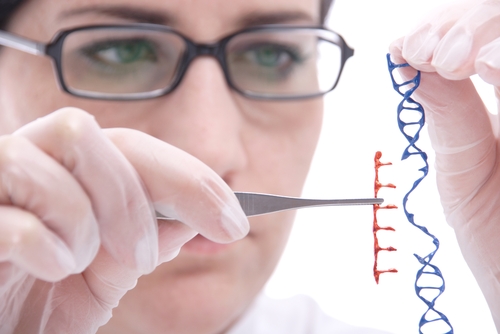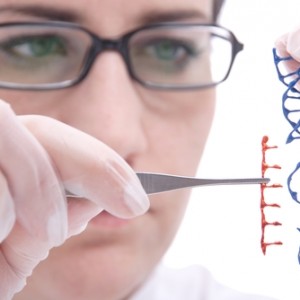New Award Will Fund Clinical Trials For ALS Patients With C9orf72 Defected Genes

 The ALS Association announced that $326,662 will be used to fund new Amyotrophic Lateral Sclerosis (ALS) research. The new funding will seek to expand ongoing research projects to increase the knowledge of the most frequent genetic cause of the disease and support clinical trials dedicated to those that carry this defected gene.
The ALS Association announced that $326,662 will be used to fund new Amyotrophic Lateral Sclerosis (ALS) research. The new funding will seek to expand ongoing research projects to increase the knowledge of the most frequent genetic cause of the disease and support clinical trials dedicated to those that carry this defected gene.
ALS, or Lou Gehrig’s Disease, is a neurodegenerative disease — a progressive condition that affects nerve cells, neurons in the brain and the spinal cord. Patients suffering with ALS eventually lose their ability to control and initiate movement because they cannot control their muscles, leading to paralysis and death within 2 to 5 years post diagnosis. This disease does not have a cure, and there are no treatments to control the condition and prolong life.
About 40 percent of the inherited cases (familial ALS) of ALS and up to 8 percent of the sporadic cases are caused by mutations in the C9orf72 gene. Genetically speaking, a small portion of this gene is expanded, and a much larger sequence is copied by mistake. Researchers think, based on preclinical assessments that demonstrate that this procedure is safe and feasible for ALS patients, that antisense oligonucleotide therapy can be an effective approach to reduce the malign effects of this gene.
Lucie Bruijn, Chief Scientist for the ALS Association, explained in a press release: “In order to prepare for such a clinical trial, it is crucial that we learn much more about the normal clinical course of ALS due to the C9orf72 gene (…) as well as how the length of the repeated section correlates with clinical features, such as onset, progression, and duration of the disease. In addition, C9-related biomarkers in blood or cerebrospinal fluid are needed to be able to quickly assess disease progression.”
These studies are already ongoing thanks to funding from Biogen Idec. “We are enthusiastic about expanding these studies, which will establish the clinical data and biomarkers needed to successfully plan a clinical trial for C9orf72 ALS patients,” said Timothy Miller from Washington University in Saint Louis.
“We are pleased to partner with Biogen Idec to expand their studies to additional sites. With the successful completion of these studies, we will have carefully defined important elements of ALS due to the C9orf72 gene and will thus be in a position to launch a clinical trial in people whose ALS is due to this gene,” concluded Bruijn.






